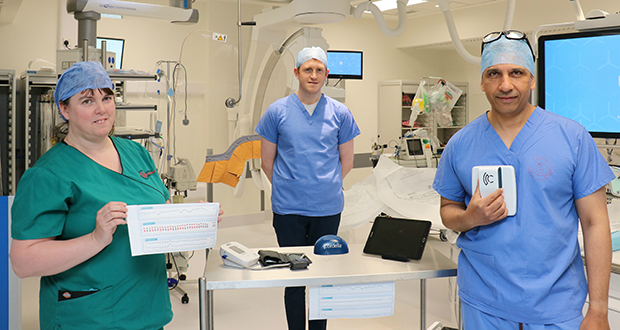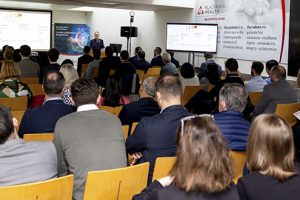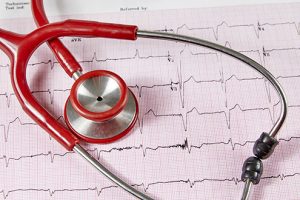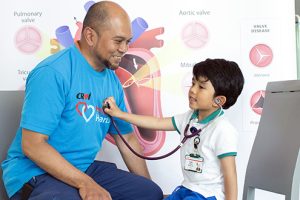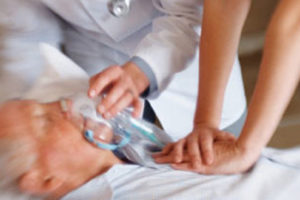Cardiology service at GUH in pressure sensor monitoring trial for advanced heart failure patients
The Cardiology team at Galway University Hospitals (GUH) has carried out a first-in-man clinical trial for a sensor which allows remote transmission of pulmonary artery (PA) pressure in patients with heart failure (HF).
The sensor, about the size of a 10-cent coin, monitors changes in physiology of patients with HF.
Over the past 18 months, seven patients with advanced heart failure (AHF) in their 70s and 80s have had a pressure sensor implanted in their right pulmonary artery to monitor their heart pressure with an overnight stay.
An ambulatory system, Bluetooth-connected to a tablet, the patient holds a hand-held reader over the chest wall.
The physiological data, transmitted remotely from the sensor, can be read daily by the clinical team in the hospital on a secure cloud-based platform.
They can identify if there has been a change in the patient’s condition and modify medication and make other decisions on their care.
With increasing numbers of patients suffering chronic heart failure, Clinical Lead for the trial, Dr Faisal Sharif, Consultant Cardiologist at University Hospital Galway, highlighted the burden hospital readmissions placed on patients and costs in heart failure services, describing this as an unmet clinical need. Reducing the level of readmissions would allow funding to benefit the wider heart failure service.
“In the last 18 months, we had no heart failure-related readmissions of the seven patients.
If we compare this to 18 months before the implant, there were an average of four admissions per patient per year,” he said.
“One of the key things of this device is patient empowerment. We’re seeing patients fully engaged in their therapy and education. They participate as part of the heart failure team. The patient becomes an essential component of the management team.
“They feedback data daily and they do understand the importance of compliance; the importance of taking medications on time and reporting any symptoms that are changing, and then respond to whatever advice is given,” Dr Sharif told Irish Medical Times.
He said the sensor acted as a monitoring device, a pressure-guided system, which meant the team could intervene quickly to prevent a heart failure flare-up resulting in urgent hospitalisation.
“You can change their medication. If pressure is high, despite the change in medication, you can bring them in and see them and manage them in the outpatients,” said Dr Sharif.
The basic monitoring technology involved “is not entirely new” but the latest sensor used in the trials is an ambulatory device for the patient, and is implanted in the right PA.
The disease management system includes Bluetooth-enabled devices to measure blood pressure, weight, heart rate and oxygen saturation which all connect to the clinic.
“We then have all the data we need to assess the patient without the patient having to leave home,” added Dr Sharif.
Dr Pat Nash, Consultant Cardiologist at GUH and Chief Clinical Director, Saolta University Health Care Group highlighted the role played by the trial considering the pandemic.
The success of the first clinical trial, which he said could be measured in improvements in the patients’ quality of life, the dramatic reduction in the need for hospitalisation and the enhanced role that the patients were able to play in their own care.
“All of these successes are even more significant in light of the current public health measures and the need to protect patients with long-term underlying conditions,” he added.
The Galway team have moved to a second phase with the sensor, the SIRONA-II trial, a 50-patient CE Mark trial, with eight participating sites in Europe. It is open for patients with HF, who meet certain criteria and are being treated at the Heart Failure Clinic in GUH.
Three centres, including Galway, are already participating. So far, Dr Sharif said that they had six patients enrolled in the second trial.
Ultimately, once the studies and US trials have been completed, they envisaged the use of the pressure-guided device and eventually rolling it into HF treatment algorithms.
 Irish Medical Times Medical News for Healthcare Professionals
Irish Medical Times Medical News for Healthcare Professionals
